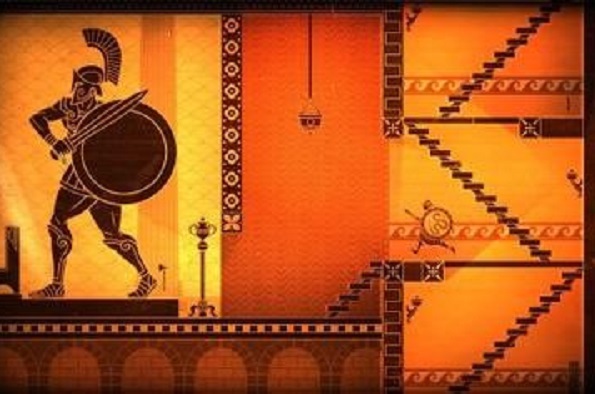
The case against studying popular culture as ‘history’ (Dr Ross Clare, University of Liverpool)
Add this event to my calendar
Click on "Create a calendar file" and your browser will download a .ics file for this event.
Microsoft Outlook: Download the file, double-click it to open it in Outlook, then click on "Save & Close" to save it to your calendar. If that doesn't work go into Outlook, click on the File tab, then on Open & Export, then Open Calendar. Select your .ics file then click on "Save & Close".
Google Calendar: download the file, then go into your calendar. On the left where it says "Other calendars" click on the arrow icon and then click on Import calendar. Click on Browse and select the .ics file, then click on Import.
Apple Calendar: The file may open automatically with an option to save it to your calendar. If not, download the file, then you can either drag it to Calendar or import the file by going to File >Import > Import and choosing the .ics file.
This nevertheless creates a necessarily messy picture of popular antiquity. In an attempt to remedy this, I provide an approach to the reception/gameplay process based on cognitive and memory theory. The “ancient gameplay” process is fed by general knowledge of, and informal past encounters with, a dimly recognisable popular antiquity. This is supported by a brief case study of the videogame 'Apotheon' (Alientrap, 2015), identifying the ways in which players come into contact with ancient source material, a vaguely “ancient” audio-visual presentation, motifs of cinematic antiquity and the demands of the action game genre. It is argued here that, as “authentic” as the game might seem, players must also satisfy the unique requirements of the game to go beyond the usual functions and practices of history, and into new territory.
This shows how popular antiquity is represented and made functional in videogames and how we as players operate it, even as it exists within a complex, interconnected “big picture” of antiquity within a wider pop-cultural media environment.
Ross Clare studied in Liverpool and completed his PhD through the NWCDTP in 2018. He is now Co-ordinator for the Liverpool Schools Classics Project and University Teacher in Classics and Ancient History.
